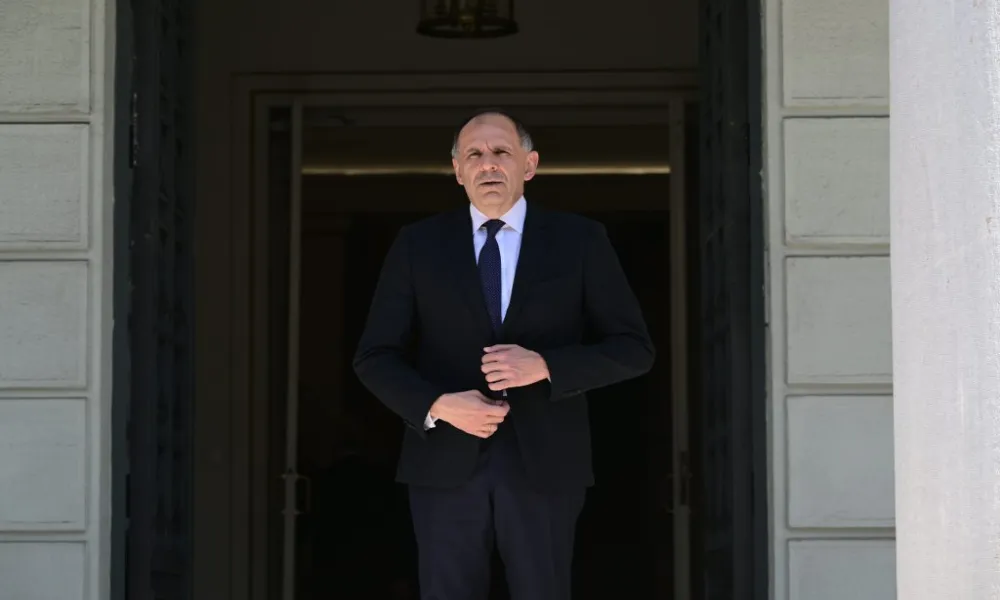Greek Foreign Minister Giorgos Gerapetritis has pledged that Greece will defend the Great Sea Interconnector (GSI), the electricity link designed to connect Israel, Cyprus and Greece to the European grid, noting that vested interests is what blocks the project.
Responding to questions about the project's delays, Gerapetritis said that while Cyprus President Nikos Christodoulides has already confirmed his commitment, there are forces actively seeking to block the interconnection. “For this project, unfortunately, there are obvious interests that want it not to proceed,” he said. “When you have expensive energy, there are those who want it to remain expensive. On this we will be ruthless.”
The Foreign Minister underlined that recent decisions by the regulatory authorities of both countries, taken last July, already set out how the financial burden of the project would be shared. He also acknowledged that Cyprus’ initial €25 million payment to Greece’s Independent Power Transmission Operator (ADMIE) is only the beginning, with further instalments to follow. “Once pending technical and financial issues are resolved, the project will move forward in cooperation with the planning company in the immediate future,” he confirmed.
Rejecting “crude excesses”
Gerapetritis also pushed back strongly against accusations circulating in Cypriot media that linked his family to the project’s former contractor, EuroAsia Interconnector. He described these claims as “false and misleading” and the product of “crude excesses and vulgarities” from private interests intent on undermining the initiative.
“These attacks will not pass,” he said, insisting that no member of his family is connected to any company involved in the interconnection. He accused certain actors of attempting to exploit Cyprus’ high energy prices in order to keep costs elevated.
Geopolitical significance
Beyond the financial and political disputes, Gerapetritis stressed the broader regional importance of the Great Sea Interconnector. “The project is strategic for Greece, Cyprus and Israel, and it will end Cyprus’ energy isolation,” he said. While recognising its significant economic benefits, he emphasised that the geopolitical dimension is even greater, describing the GSI as a project of European interest.
Addressing concerns over Turkish objections, the Foreign Minister warned that any attempt by Ankara or another third party to obstruct the interconnection would trigger “very specific consequences.” He added that Greece has already developed a comprehensive plan to safeguard the project and ensure its completion. “The project will be protected,” he concluded.
Strategic crossroads
The GSI remains one of the most ambitious infrastructure projects in the Eastern Mediterranean, promising to connect Israel’s grid to Europe and give Cyprus long-sought access to the European energy market. But as Gerapetritis made clear, the battle over its future is not only technical or financial, it is also a test of political will against entrenched interests and regional challenges.
